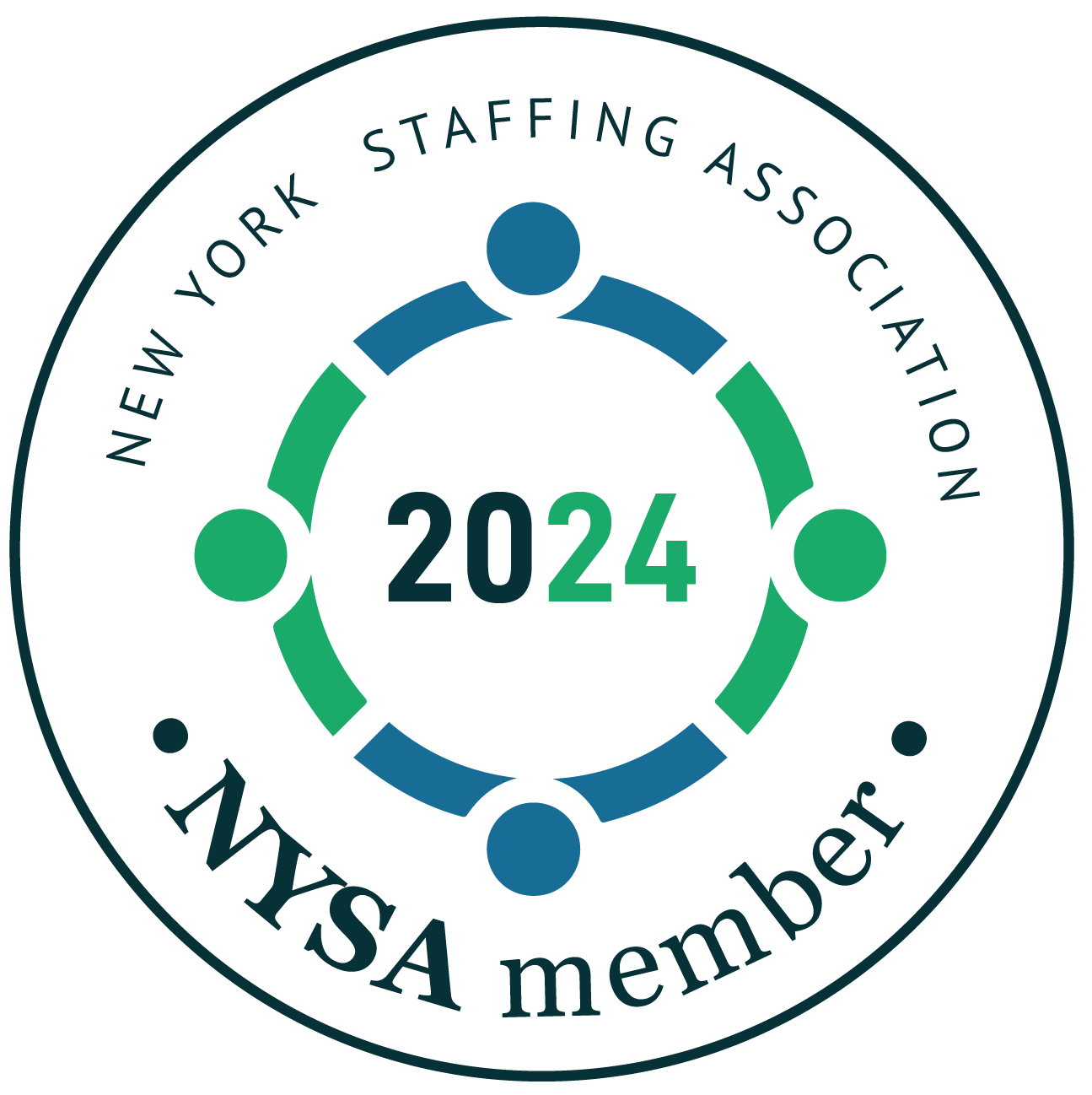Whether you’re a new manager or have been managing a while, it’s very important to have an open door policy. Many open-door policies are stated in the employee handbook. Employees can also be told at meetings that they are always free to have discussions with you.
Having an open-door policy helps encourage open communication, feedback and discussion about anything an employee may find important. It’s a great way for companies to develop trust among their employees. Here are the specific benefits that can occur as a result of an open-door policy.
You find out about employee concerns
When employees have access, they can tell you about any ongoing concerns. These can range from concerns about workflow, such as a new software not actually performing as advertised, to concerns about accrual of vacation time.
This gives you a chance to respond to concerns in a timely way. Response to workflow concerns can alert you to a problem that might have surfaced down the line in a much more negative way – by loss of customer orders, for example. Response to a perceived inequity in how different employees accrued vacation time can re-energize your staff. Perceived unfairness can make people start looking for new jobs. Fairness as a result of an open-door policy can reinforce company loyalty.
You gain important insights
A lot of important information in corporate life is gleaned through informal channels rather than formal ones. An open door policy can become a source of important insights simply because it opens you up to the informal channels your employees use to communicate.
Suppose you find out that two of your employees are good friends with people in the economic forecasting department. Through those friendships, they often hear of plans to expand or downsize before the knowledge is widespread. Informal knowledge of those plans can provide opportunities for you to make a case for the expansion or retention of your team within the larger corporate environment.
You build trust and long-term relationships
Trust can be a key component of good management. Your employees will be more loyal and exhibit more longevity and more commitment to excellent performance.
Longevity and engagement have been proven to save corporations time and money in recruiting new people. These employees become repositories of institutional memory and best practices.
Looking for ways to increase and retain your team? Let us help.






